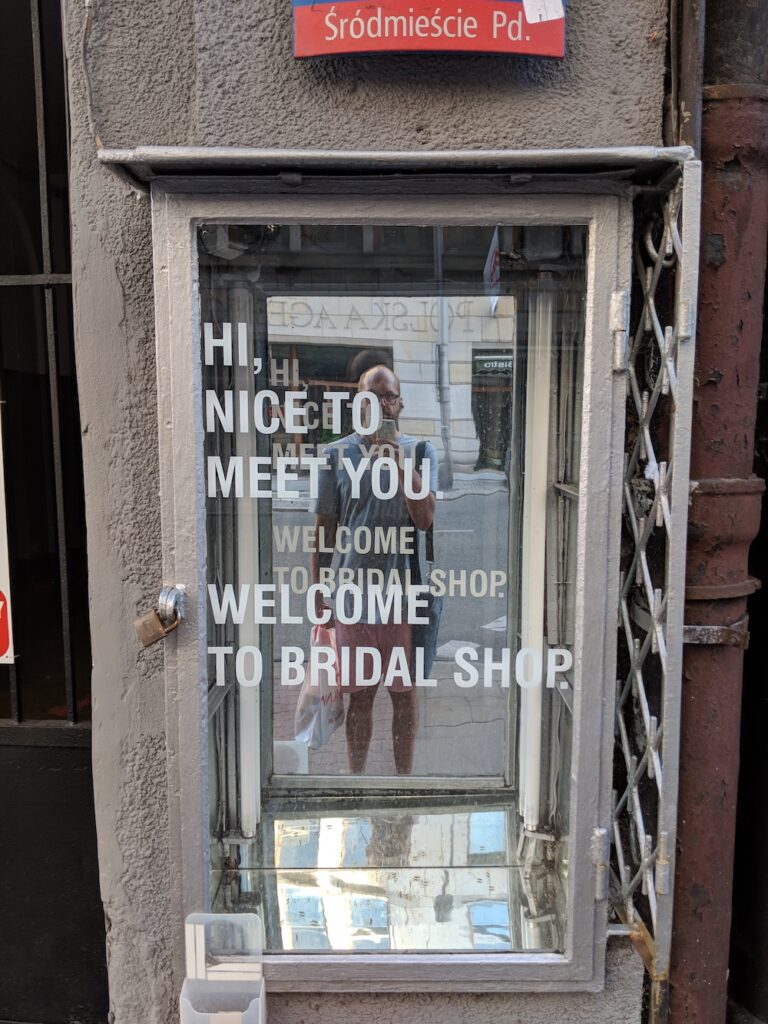The Story of Spurina
We lay together in a short bed and long marriage, still hungry for each other’s bodies, but without urgency. In the predawn blackout, what we had not known to be real beneath the drone of floor fans and the audible price of light became unexpectedly intelligible, and the cocks’ importunate crowing revealed itself to be not a delicious, feathered dementia, in our ungenerous estimation, not a continuous forgetting of time and purpose, but a wave more plaintive in its solidarity than we could have imagined, relayed far up the hill and across the valley, and if not precisely the song the Israelites sang by the rivers of Babylon, not not that, either. One gets used to that accelerating rhythm of passing that, back when we were afraid, we used to mistake for decay. One gets used to amorphous guests blowing in like a dust cloud from the Sahara. Civilization is a cover-up, a continuous burial. I’m not complaining. You are not a brand, and I don’t need to be constantly reminded of my animal self. It’s just that on mornings when they’ve abused the bluing, leaving the heavens and everyone beneath them looking washed out and ridiculous, I’m especially grateful that I don’t have to indulge my impulses or a stranger’s expectations, I don’t have to say that you came to me in the night like a great idea soon forgotten. Which is almost the same as your having been here all along.
Of the Resemblance between Children and My Father
After I’ve spent all day talking about concentration camps, my father tells me to get him out of this concentration camp. It’s his birthday. I can’t concentrate. He asks me again for the names of his grandchildren, tells me again how old he is. I correct him and try to explain the math. Many of the homeless people I have worked with felt out of sync with how others exist, and that’s how I felt when we were homeless, too, that it was all poppies for the people, milkweed for the monarchy. Needing assurances, I ask the landlord, the groundskeeper, at least one passerby if it’s okay to pluck the ripe soursop hanging over the fence from the neighbor’s yard, whether it would mean my firstborn spending her life as a trophy, by which point no one even bothers to ask after those who paid the bills. My father asks me again if I still play the saxophone, as if I ever played the saxophone. He tells me again about my fairytale childhood by describing a fairytale version of his own. This is a producer’s hope, that no one will notice how the principals have all been replaced in the sequel, which goes straight to video, or that the crested hummingbird looks most devilish at rest. These traces and sightlines, unasked-for algorithmic genealogies of chance, can all be put to paper, shellacked, and praised. Hello, Magna Carta! The problem of mystification: my father still thinks of himself as a real go-getter, and I remember how he kept going out and getting nothing. We were like ice packed in sawdust, each of us borne in the embrace of something so unlike ourselves. It could just as easily keep us as go up in flames.
BENJAMIN PALOFF’s books include the poetry collections And His Orchestra (2015) and The Politics (2011), both from Carnegie Mellon, and many translations from Polish, Czech, Russian, and Yiddish. His poems have appeared in Conduit, Fence, Guesthouse, The Paris Review, The New York Review of Books, and others. Twice a fellow of the NEA, he lives in Michigan, where he works as an academic.
Read more by Benjamin Paloff
Author’s Webpage
Three poems in Matter
Poem in The Common
Three poems in Guest House
